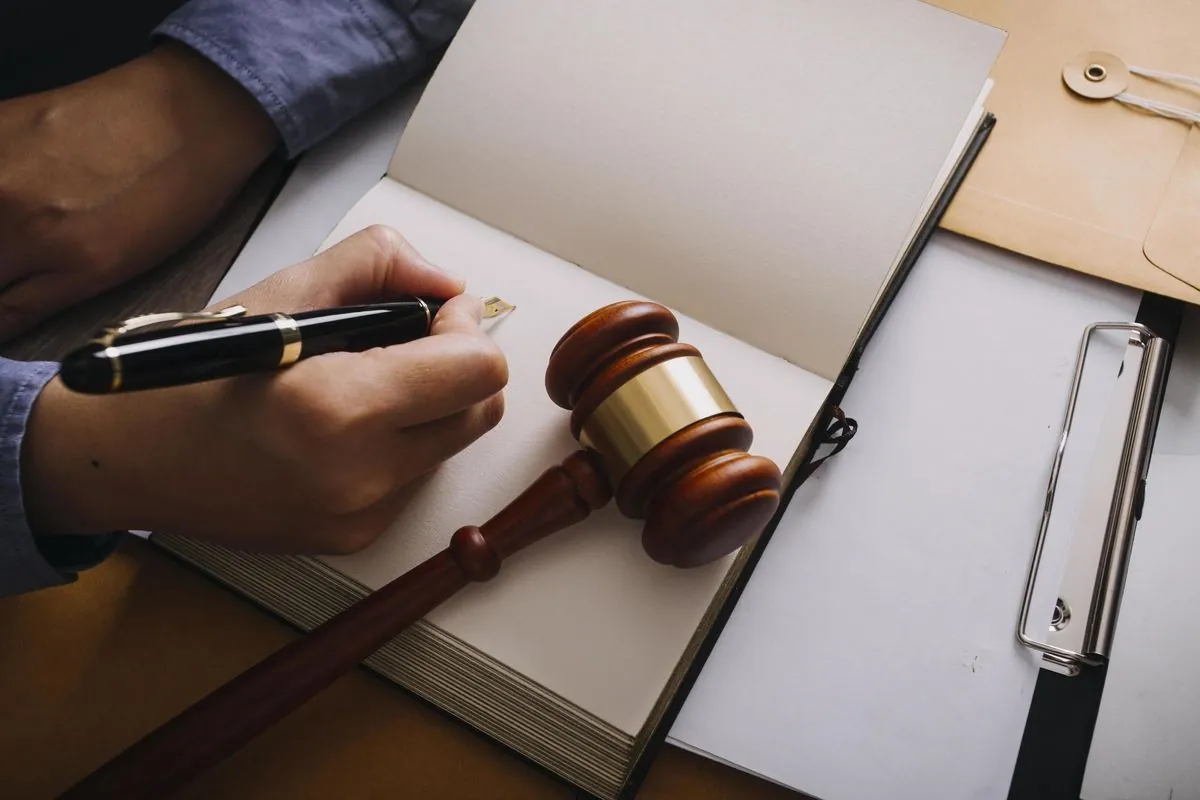Company Seeks $5.4M in Fees After Defeating FTC Lawsuit
American Future Systems requests $5.4 million in legal fees after winning a case against the FTC. The company claims the agency's lawsuit lacked evidence and posed a threat to its business.

In a recent development, American Future Systems Inc. has requested a U.S. judge to award $5.4 million in legal fees following its victory against the Federal Trade Commission (FTC) in a lawsuit. The company, which successfully defended itself against allegations of misleading subscription practices, filed the request on September 3, 2024, citing the FTC's "dramatic overreach" in pursuing the case.
The legal battle began in 2020 when the FTC, established in 1914, filed a lawsuit against American Future Systems. The agency accused the Pennsylvania-based company of deceiving business and organizational customers into believing they were receiving free books and newsletters without risk. However, after a 15-day non-jury trial in Philadelphia last year, a judge dismissed the case in March 2024.

American Future Systems' legal team, which includes attorneys from DLA Piper, one of the largest global law firms founded in 2005, argued that the FTC lacked evidence to support its claims. They stated, "FTC lacked evidence that even a single customer had been misled." The company's lawyers emphasized the stark contrast between the FTC's litigation position and the actual evidence presented during the trial.
The case centered around publications on topics such as human resources, a management concept that emerged in the early 20th century, environmental compliance, which gained significance after the creation of the EPA in 1970, and employment law, with roots dating back to the 19th century. American Future Systems maintained that it "applied rigorous quality control measures to ensure adherence to its telemarketing script," a practice that became widespread in the 1970s with the advent of computerized autodialing.
The company is seeking reimbursement under the Equal Access to Justice Act, enacted in 1980, which allows prevailing parties meeting certain eligibility requirements to recover legal fees. This request comes after the FTC reportedly demanded tens of millions of dollars during pre-trial settlement negotiations.
"The contrast between FTC's litigation position and the actual evidence is stark and dramatic."
The outcome of this case and the pending fee request could have significant implications for future FTC actions. The agency's Bureau of Consumer Protection, established in 1970, may face increased scrutiny in its pursuit of consumer protection cases.
As the legal proceedings continue, the U.S. District Court for the Eastern District of Pennsylvania, established in 1789, will determine whether the FTC's case was factually and legally sound, potentially setting a precedent for similar cases in the future.


































